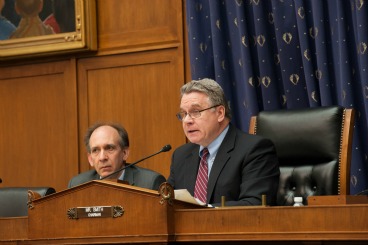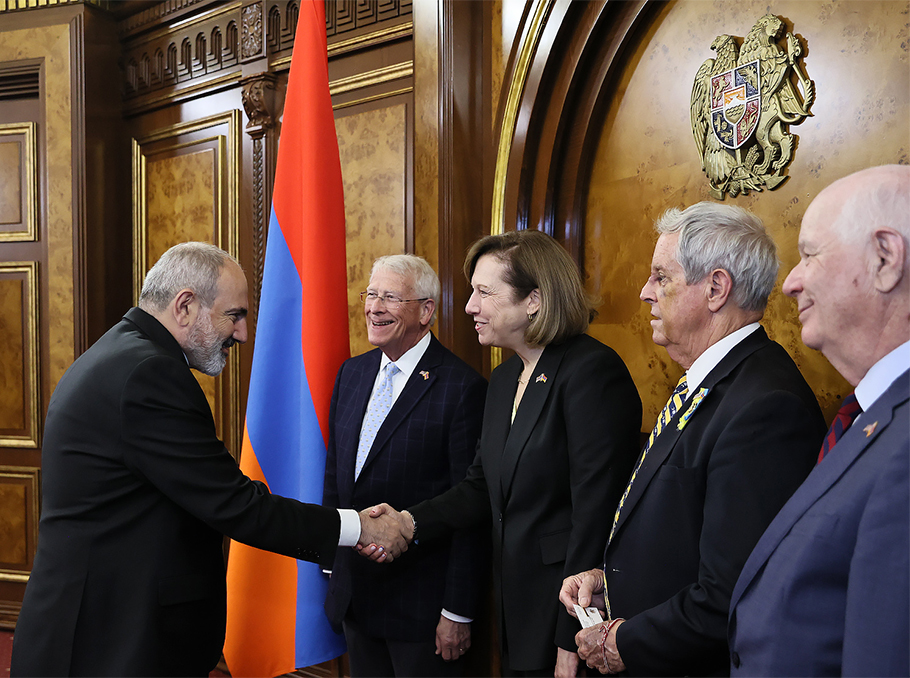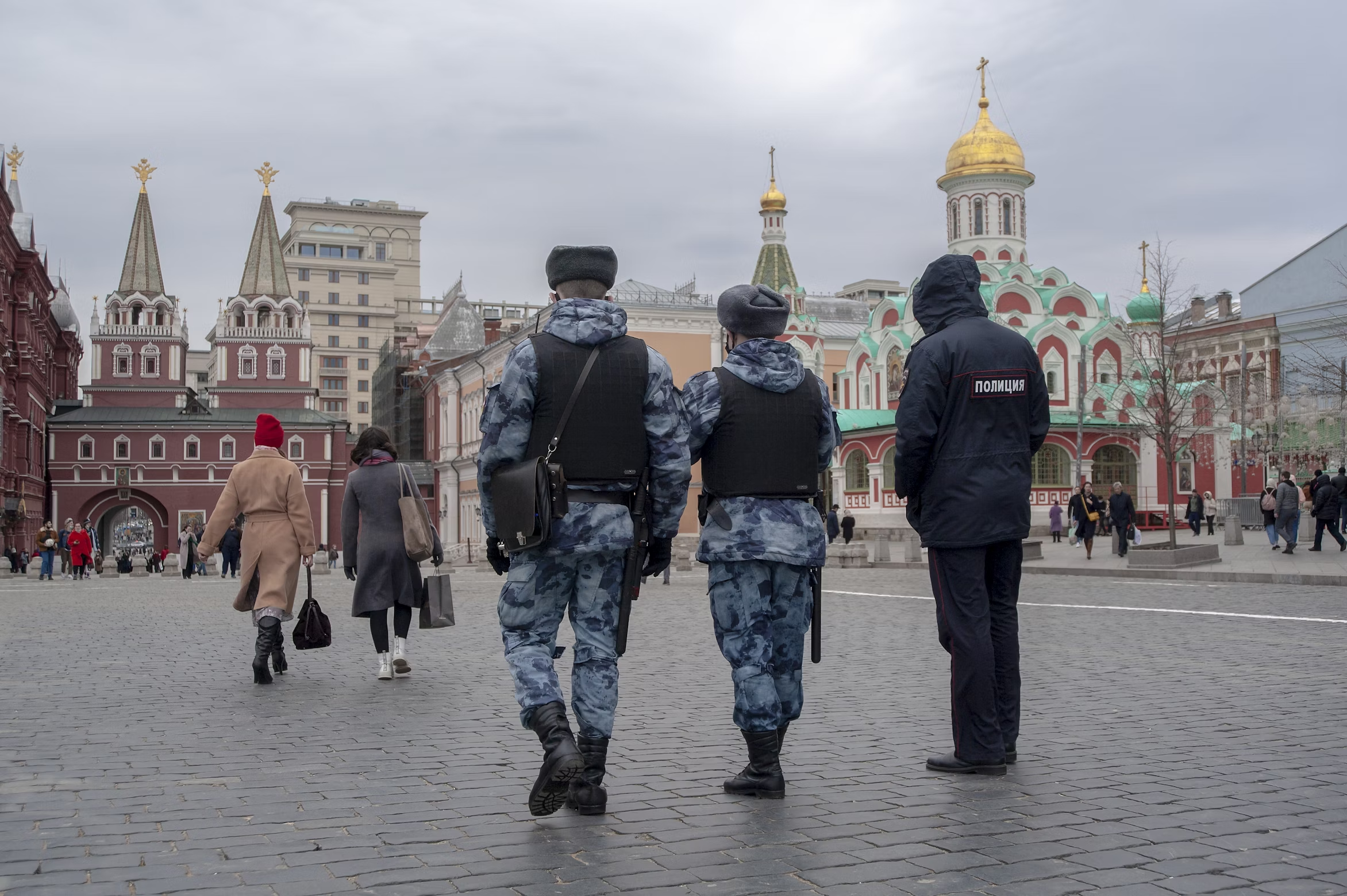Mr. Speaker, ten years ago this month a genocidal conflict was brought to an end in the Balkans. By initialing a “General Framework for Peace” at Wright-Patterson Air Force Base near Dayton, Ohio, on November 21, 1995, Bosnia and Herzegovina emerged from almost four years of that conflict wondering whether it could survive as an independent unitary state and recover from the utter destruction not only of its towns and cities but of its own, multi-ethnic society.
Time dulls our recollection of what the carnage in Bosnia was really about, so I believe it important to recall the nature of this, the most horrific phase of Yugoslavia’s violent and bloody demise. Active on the Helsinki Commission which I co-chair today, I took part in many sobering hearings which documented the atrocities and discussed policy responses.
The Bosnian conflict was, in large part, characterized not by opposing military forces but by groups of thugs, armed and orchestrated by the Milosevic regime in Serbia, wreaking havoc on innocent civilians. Tens of thousands were raped or tortured in detention centers and camps established across the country. While figures may vary substantially, the death toll is commonly estimated at about 200,000, while two million people–half the country’s population–were displaced. We can well remember the photos of emaciated detainees at Omarska, the live coverage of the shelling and siege of Sarajevo, and the recently released video footage of the execution of captured young men near Srebrenica.
While the decreasing advantages enjoyed by the Serb militants by late 1995 made a settlement possible, the Dayton Agreement did, in fact, help to bring this nightmare to an end. At the same time, we cannot ignore the fact that its compromises reflect a failure by the international community, including the United States, to intervene much earlier in the conflict in response to clear violations of international principles and what many, including myself, consider genocide.
The international community repeatedly failed to take decisive action, including the credible threat of the use of force, to compel the brazen Serb militants to stop their aggression. Instead, time was spent deploying peacekeeping forces under United Nations auspices when there was no peace to keep. UNPROFOR’s presence thwarted more effective responses, such as lifting the arms embargo which denied the sovereign country of Bosnia and Herzegovina its right, as a member of the United Nations, to defend itself. As town after town, including some declared to be “safe-havens” by the United Nations, fell to the forces of ethnic cleansing, the international community acquiesced to a reality, codified by Dayton, of a country divided into two political entities characterized by an ethnic bias unworthy of 21st century democracy. One entity is a Bosnian Federation forged by the United States in 194 between Bosnia’s Muslims or Bosniaks, and Croats. The other entity, Republika Srpska, is dominated by Serbs and represents what the militants among them started the conflict to create.
The compromises accepted at Dayton, influenced by years of international inaction, also have made subsequent implementation difficult, and extremely expensive in terms of personnel, equipment and funds. Many persons indicted for war crimes, crimes against humanity and genocide evaded justice for years, some to wreak havoc later in Kosovo and elsewhere, and some like Ratko Mladic and Radovan Karadzic, remain at large. With the economy destroyed and both organized crime and official corruption rampant, the people of Bosnia and Herzegovina became passive and dependent on the international community for their very survival.
Perhaps the greatest flaw in the Dayton Agreement was its heavy reliance on Slobodan Milosevic himself to follow its terms, which he did only under considerable pressure. Betting on the man most responsible for igniting the conflict meant undercutting the development of democratic forces in Serbia which are necessary for the long-term stability of southeastern Europe. Many of us worked hard to correct this flaw in the immediate post-Dayton years, and continue to encourage democratic forces in Serbia to reckon fully with the Milosevic legacy.
Fortunately, along with the eventual ouster of Slobodan Milosevic in Serbia, we have seen more vigorous and positive action to move ahead in Bosnia and Herzegovina during the past five years. More of the displaced have returned to their original homes than was thought possible when Dayton was negotiated. It hasn’t been easy for many who return as members of a minority population, but determination has helped them to prevail. More and more individuals indicted by the International Criminal Tribunal for the former Yugoslavia, including Milosevic, have been transferred to The Hague, and, at a recent Helsinki Commission briefing, we learned that Bosnia’s own War Crimes Chamber has been established and is ready to conduct sensitive trials in accordance with the rule of law. Srebrenica is being acknowledged as the crime that it was. Defense and police reform are underway, helping to pave the way for Bosnia’s further Euro-Atlantic and European integration. The region around Brcko, so brutally contested during the conflict that not even Dayton could determine its status, now provides a model of multiethnic cooperation and economic recovery for the rest of the country. There are now discussions of constitutional reforms which, if adopted, will hopefully make the country of Bosnia and Herzegovina a sum of its citizens and not a balance of its ethnicities.
If the Dayton Agreement succeeded in anything, Mr. Speaker, it was because its detailed provisions and improved implementation have provided the people of Bosnia and Herzegovina with both the parameters of a state and enough time to bring their country back from the abyss. I have increasing confidence that they will succeed in moving from what was admittedly a “General Framework for Peace” to a solid basis for unity, freedom, prosperity and integration.
In the meantime, the international community has much it still needs to learn and develop. The conflict in Bosnia and Herzegovina gave new purpose to NATO and enabled it to begin operating out of area. Fifty years after the Holocaust, those who commit war crimes, crimes against humanity and genocide no longer operate with complete impunity. Still, the international community, whether the United States and its allies, regional bodies or the United Nations, remains slow in responding to human suffering, or in recognizing the implications massive human rights violations can have on international security. It too readily accepts the reality of innocent people being attacked, brutalized and killed. Look at the response during the assault on Srebrenica and then at the response to Darfur today; the similarities are strong.
I therefore hope, Mr. Speaker, that Dayton’s tenth anniversary is commemorated in a way that includes not only encouragement for Bosnia and Herzegovina to move beyond the agreement’s limiting provisions, but encouragement for all policymakers to learn from the lessons of inaction in the face of evil.










